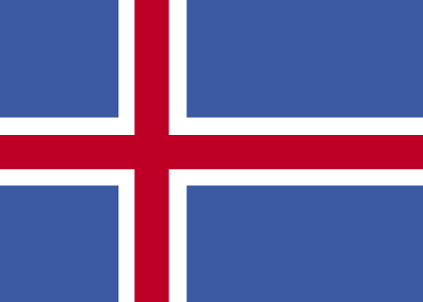Palestinian Territory Saudi Arabia Jordan Egypt Israel United States Algeria Morocco United Arab Emirates Kuwait Iraq Tunisia Lebanon Syria Oman Germany Qatar Libya United Kingdom Yemen Turkey Norway France Sudan Bahrain Canada Sweden Ireland Netherlands Belgium Australia Italy South Africa Spain Denmark Russia Nigeria Malaysia Switzerland India Finland Austria Singapore Ukraine Iran Romania China Greece Japan Brazil Senegal Poland Mauritania Indonesia Pakistan Hungary Cyprus Thailand Cote D'Ivoire Kyrgyzstan Bulgaria New Zealand Venezuela Czech Republic Hong Kong Puerto Rico Moldova Slovakia Djibouti Philippines Mexico Afghanistan South Korea Serbia Somalia Armenia Chile Kenya Luxembourg Argentina Iceland Bangladesh Malta Zimbabwe Kazakhstan Taiwan Portugal Panama Bosnia and Herzegovina Latvia Ghana Angola Togo Mali Colombia Georgia Vietnam Belarus Albania Ethiopia Azerbaijan Guatemala Cambodia Costa Rica Lithuania Tanzania Martinique Democratic Republic of the Congo North Macedonia Burkina Faso Equatorial Guinea Croatia Guadeloupe Estonia Sri Lanka Ecuador Uganda Slovenia Chad Bolivia Maldives Benin Cameroon Peru Tajikistan Gambia Monaco Cuba South Sudan Seychelles Honduras El Salvador Cabo Verde Zambia Gabon Jamaica Turkmenistan Dominican Republic Haiti Namibia Mauritius Central African Republic Mayotte Sint Maarten Nicaragua Faroe Islands Mongolia Barbados Niger Macao Uzbekistan Malawi Suriname Liberia Curacao Republic of the Congo Comoros Rwanda Madagascar Netherlands Antilles Trinidad and Tobago Iceland Flag Meaning & Details 18 VISITORS FROM HERE! Iceland Flag Flag Information blue with a red cross outlined in white extending to the edges of the flag the vertical part of the cross is shifted to the hoist side in the style of the Dannebrog (Danish flag) the colors represent three of the elements that make up the island: red is for the island's volcanic fires, white recalls the snow and ice fields of the island, and blue is for the surrounding ocean
Learn more about Iceland » CIA - The World Factbook
 Previous Country | Next Country
Previous Country | Next Country  » Back to Flag Counter Overview
» Back to Flag Counter Overview
 Previous Country | Next Country
Previous Country | Next Country  » Back to Flag Counter Overview
» Back to Flag Counter Overview